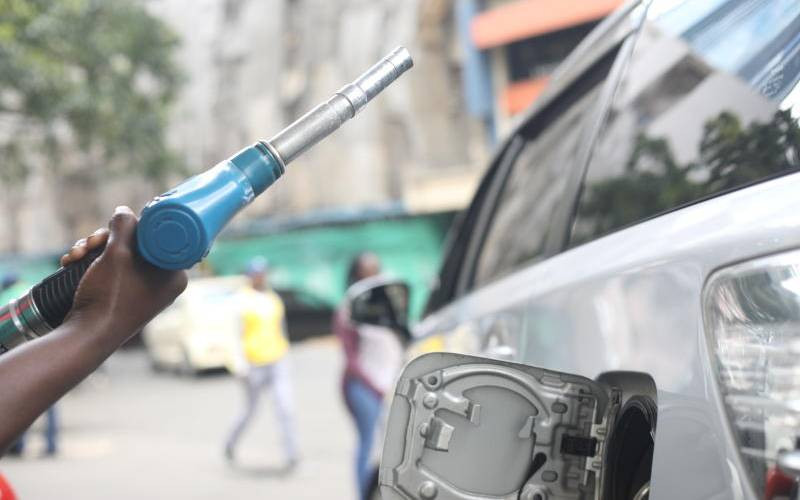On October 18, 2023, the National Assembly’s Public Investments Committee summoned the Energy & Petroleum Regulatory Authority (EPRA) board to Parliament to elucidate the escalation in fuel prices, seemingly seeking to attribute responsibility to the agency.
Three days prior, on October 15, 2023, EPRA disclosed the maximum retail prices for the October-November cycle, which included a surge of KES 5.72 per liter in Super petrol, KES 4.48 per liter in diesel, and KES 2.45 per liter in kerosene.
Daniel Kiptoo, the Director General of EPRA, asserted that fuel prices are determined by factors beyond the Agency’s control, primarily linked to global market dynamics. These price hikes can be traced back to September 2023 when the average landed cost of imported Super Petrol jumped by 3.9 percent, reaching USD 805.1 per cubic meter. Diesel experienced a significant increase of 7.1 percent, escalating to USD 905.3 per cubic meter from USD 845.7, while kerosene prices rose by 5.0 percent to USD 868.7 per cubic meter from USD 827.3. These global fluctuations have a direct impact on local pricing, affecting consumers and businesses alike.
Kenyan Members of Parliament (MPs) should shoulder responsibility for the surge in fuel prices rather than shifting blame onto regulatory bodies. The crux of the matter harks back to the Finance Bill 2023, which was approved by Kenyan MPs and substantially contributed to the escalation in fuel taxes, including a doubling of VAT.
Read more: Ezra Chiloba resigns as CAK director-general amid abuse of office claims
The bill, met with public outcry and opposition, notably influenced the surge in fuel prices. As elected representatives, MPs bear the primary responsibility for the introduction and passage of this bill. While the bill aimed to bolster government revenue, its immediate and visible consequence was an increased cost of living for ordinary Kenyan citizens. MPs must acknowledge that their actions have been instrumental in the ongoing fuel price predicament.
Parliament serves as a pivotal oversight body entrusted with ensuring that public policies and regulations align with the nation’s best interests. In the realm of the energy sector, MPs should have vigilantly monitored and regulated it to avert unjustified price spikes. Neglecting this oversight role and subsequently blaming regulatory bodies is counterproductive. Scrutinizing the potential economic and societal ramifications of policies is a fundamental duty of MPs.
Furthermore, the withdrawal of fuel subsidies by the Kenyan government has significantly contributed to the present price surges. As representatives of the people, MPs should have engaged in constructive debates to ensure a gradual and sensitive phase-out of subsidies, safeguarding the interests of ordinary citizens, which they failed to do.
While it is crucial to acknowledge the global factors affecting rising fuel prices, there remain factors within the purview of Kenyan parliamentarians. Foremost among these is the realm of taxation. Blaming EPRA for the fuel price crisis is unjust; MPs should instead accept accountability for their role in enacting unpopular tax bills and failing to provide adequate oversight. The time has come for MPs to take responsibility and proactively address the consequences of their legislative decisions.
Email your news TIPS to editor@thesharpdaily.com


















